WARTS (also called, VERRUCA VULGARIS)
WARTS (also called, VERRUCA VULGARIS)
Warts are small, hard, non-cancerous growth on the surface of the skin. It is as well the fleshy bump on the skin or mucous membrane. This disease is commonly caused by the human papillomavirus (HPV).
Warts are caused by various strains of human papilloma virus. Different strains may cause warts in different parts of the body and spread from one location on the body to another or from person to person by contact with the wart.
COMMON AREAS AFFECTED INCLUDE:
• Hands
• Mouth
• Face
• Feet
• Genitals and any contact area.
TYPES OF WARTS
The following are the types of Warts.
• Genital warts
• Flat Warts
• Filiform warts
• Periungual warts
• Plantar warts
GENITAL WART (also called CONDYLOMA ACUMINATUM)
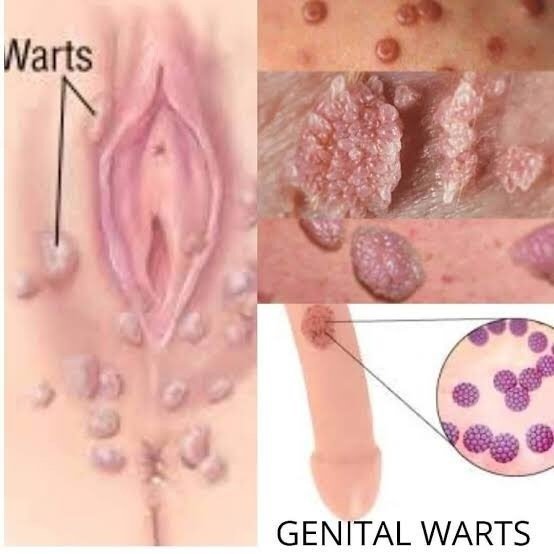
Is a soft growth that appears on the genital or anus. They can cause pain, discomfort and mostly itching. It is sexually transmitted and thus also one of the Sexually Transmitted Infections (STIs).
CAUSES OF GENITAL WART
A certain type of HPV causes genital wart and spread through the following:
• Intercourse, including anal, vaginal-penile and vagina-vagina sex
• Genital touching (skin to skin contact)
• oral sex using mouth, lip or tongue with an infected person
SYMPTOMS
• Skin colored, wart look like rough, whitish grey growth on the skin
• Genital itching or irritation
• Burning sensation
• Mild bleeding
• Discomfort
Flat Warts, also known as Juvenile Warts, usually grow on the face, thighs, or arms. They are often caused by HPV type 3, 10, and 28.
They are small and not immediately noticeable. Flat warts have a flat top, as if they’ve been scraped. They can be flesh-colored, pink, brownish, or slightly yellow. They often grow in large groups of 20 to 200.
Flat warts are not typically painful and tend to appear in areas where there is a cut or break in the skin, such as from shaving your face or legs. They are also common in children and can be spread through direct contact.
SIGNS AND SYMPTOMS
Signs and symptom of flat warts include:
• Small flat, round, or oval marks on the skin
• Flesh-colored marks usually not painful
Filiform warts grow around your mouth or nose and sometimes on your neck or under your chin. They are contagious and can also spread to other parts of your body.
Filiform warts are small and shaped like a tiny flap or tag of skin. They can project off of your skin in thin, finger-like strands.
Filiform warts are the same color as your skin. They are typically painless unless they occur in a sensitive area like a fold in your skin.
SIGNS AND SYMPTOMS
Signs and symptoms of filiform warts can include:
• small growth that extends off of the skin
• flesh-colored flap
• quick growth usually not painful
Peringual warts grow under and around the toenails and fingernails. They can be painful and affect nail growth.
They start small about the size of a pinprick, but can grow larger and spread to other areas through direct contact. They may be rough to the touch and have a cauliflower-like appearance.
SIGNS AND SYMPTOMS
Signs and symptoms of periungual warts can include:
• rough growth around or under the nail
• painful when size increases
• split skin around nail
• appearance of nail and cuticle may be affected
PLANTAR WARTS
Plantar warts grow on the soles of the feet. Unlike other warts, plantar warts grow into your skin, not out of it.
You can tell you have a plantar wart if you notice what appears to be a small hole in the bottom of your foot that is surrounded by hardened skin. Plantar warts can make walking uncomfortable.
There are two types of plantar warts:
- Myrmecial-type plantar warts
- Mosaic-type plantar warts
Myrmecial-Type Plantar Warts
These warts are caused by HPV type 1.
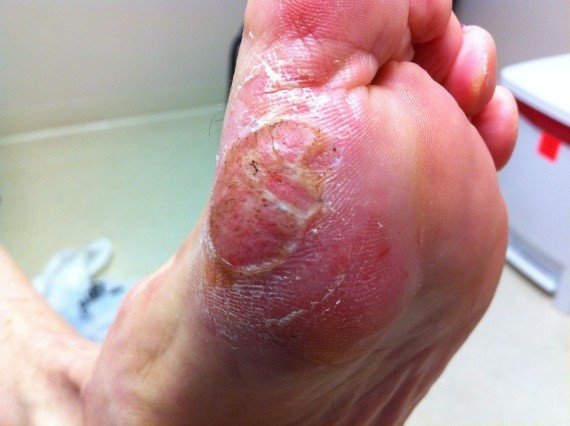
Signs and symptoms can include:
• deep, tender warts that grow inward due to standing or walking
• pain with direct pressure
• can feel like you are stepping on pebbles
• yellowish skin that appears callus-like
• black dots
Mosaic-type plantar warts
These warts are caused by HPV type 2.
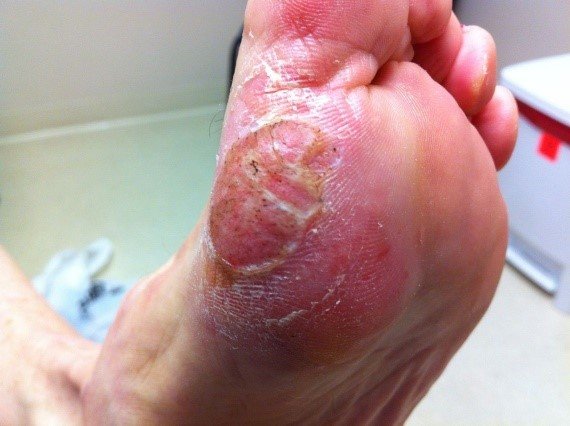
Signs and symptoms can include:
• small surface-level warts
• a mosaic pattern of multiple warts appearing in clusters
• less painful than myrmecial-type plantar wart
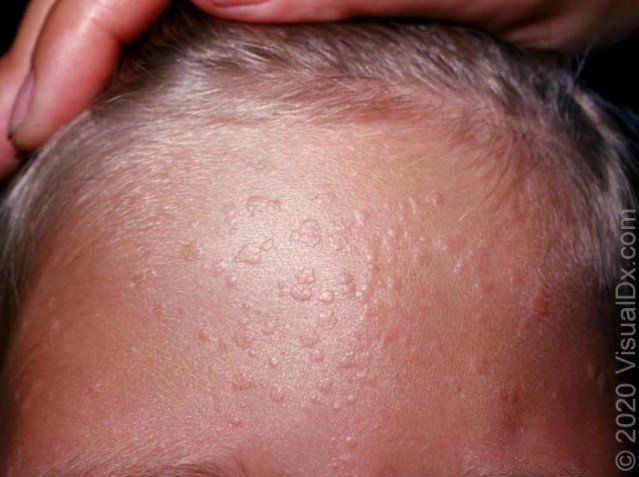
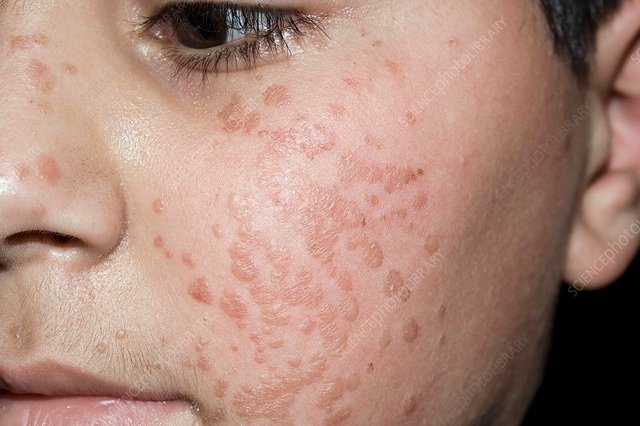
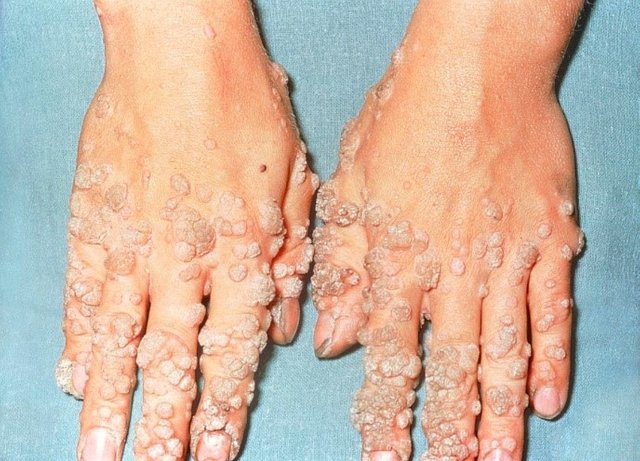
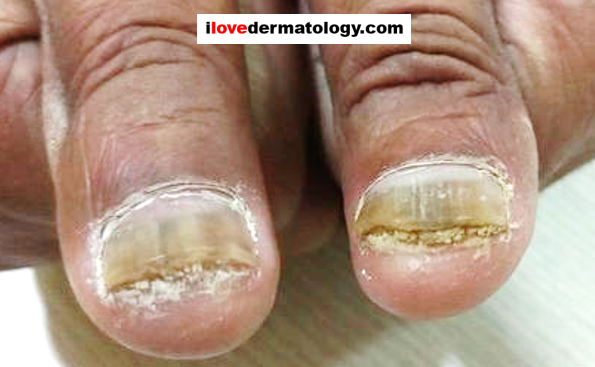
yes its true